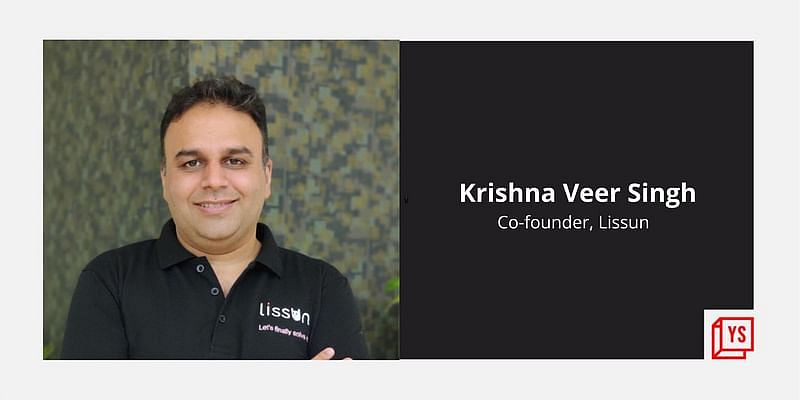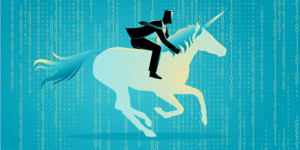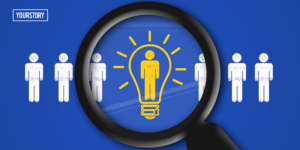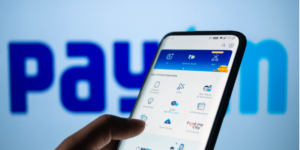When we think about mental health, many things come to our mind. Depression and anxiety being the most common ones, some problems of the mind cannot even be comprehended.
Krishna Veer Singh and his acquaintance from Uber, Tarun Gupta, were in a similar situation when they decided something had to be done in the mental health space. This led them to launch an app called Lissun in 2021.
Gurugram-based Lissun is a mental health startup that wears multiple hats. While the entry point is an artificial intelligence (AI)-based chatbot, Krishna claims the app gets deeper as users start interacting with it.
“Our chatbot tries to analyse the severity of someone’s mental health and accordingly prescribes necessary measures,” says Krishna.
How did it start?
A former executive at cab aggregator Uber and online marketplace Flipkart, Krishna says he has experienced a lot of stress, which comes as a part of working in the startup ecosystem. But the pandemic hit him and his family like a ton of bricks.
“I have worked across multiple companies to know when something is a regular stress or mental health issue. But this time, it was definitely different,” Krishna tells YS in an interaction.
While it wasn’t the direct impact of family members falling sick due to Covid-19, but when his son was not keeping well and amid all the bad news circulating around, Krishna started feeling the heat.
Image: Shutterstock
He then decided to do something about it and started working with Tarun on starting a mental health app.
How does it work?
If the app realises the user is suffering from day-to-day stress or is only overwhelmed, then it suggests measures, including journaling and meditation. But if the situation seems severe, then the app tries to connect users with a mental health professional.
Lissun currently has about 10 mental health professionals working regularly with the startup. This is different from the marketplace model, where a list of professionals are listed on the website and it is up to users to connect with them.
“Understanding a user is a gradual process and our bot does take its time to understand and then suggest any treatment as an incorrect diagnosis could be detrimental to the user,” says Krishna.
According to the founders, the algorithm for the app was created with consultation from two mental health professionals.
Lissun, which is currently active in Delhi and the National Capital Region (NCR), also works with doctors in general practice, who can help with recommending their product and creating a word of mouth reference for the app.
Credit: YS Design
This helps the startup invest less in acquiring customers through digital platforms, which is already pretty crowded with multiple mental health chatbots. “Reference is probably what would work best for us as people would be more likely to use the platform,” says Krishna.
Covid-19 and mental health
According to mental health professionals, suicides are usually caused due to some serious form of mental health issues.
In India, where suicide rates are the highest in the world, talking about depression and anxiety is still prohibited. A majority of the population is not even aware of mental health issues. But the pandemic has changed things a little bit.
As the pandemic-led lockdowns and other stress added to work and family responsibilities, seeing the loved ones suffering and a sense of loneliness sent many into a downward spiral. This underlined the need for access to mental health professionals.
“The loneliness and anxiety associated with the pandemic has sensitised the population to acknowledge the gravity of the problem, even though mental health has been a taboo in the Indian society,” Dr Pankaj Jethwani, Executive Vice President at W Health Ventures, told YS, in an earlier interaction.
The market and funding
Lissun, which has so far raised $500,000 from a clutch of angel investors, charges between Rs 700 to Rs 2,500 per session.
The startup competes with Wysa, an AI chatbot backed by Kae Capital; Lightbox Ventures-backed Inner Hour, and a slew of other mental health startups in the ecosystem.
Lissun now plans to grow its app user base through organic means. It is also tying up with more doctors who could recommend the app to those in need.










